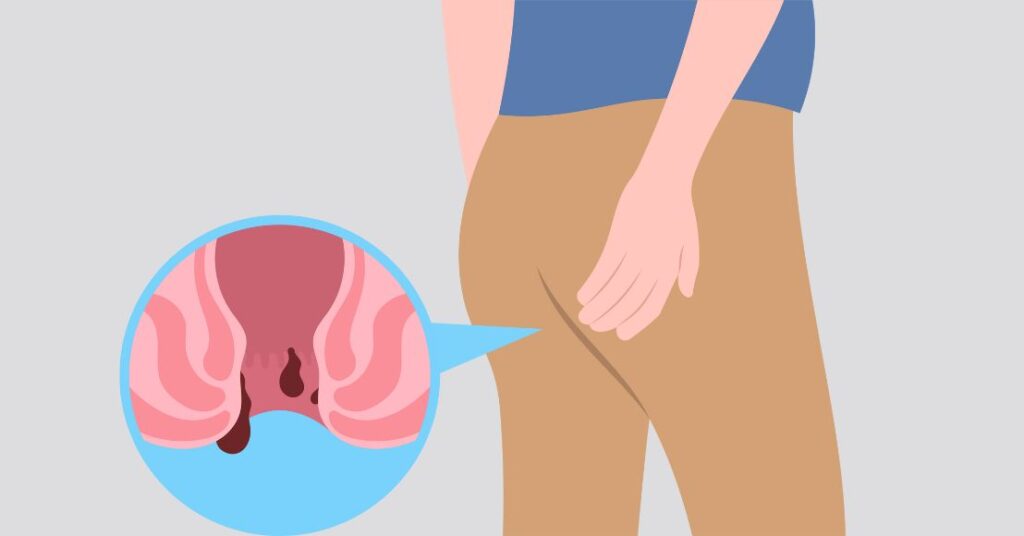Piles, also known as hemorrhoids, are swollen blood vessels in the rectum or anus that can cause pain, itching, bleeding, and discomfort. They are more common than people realize, often triggered by constipation, pregnancy, obesity, or prolonged sitting.
While piles are not usually life-threatening, they can interfere with daily life if left untreated. The good news is that various treatment options ranging from home remedies to advanced surgical procedures can bring fast relief and prevent recurrence.
Lifestyle and Home Remedies
For early-stage piles, lifestyle adjustments are often the most effective starting point. Eating a diet rich in fiber helps soften stools, making them easier to pass and reducing pressure on the veins. Drinking plenty of water and staying physically active also help regulate bowel movements.
A simple sitz bath soaking the anal area in warm water for 10 to 15 minutes can reduce pain and swelling. Other habits, like avoiding straining during bowel movements and limiting long hours of sitting, can also make a significant difference. These changes not only relieve current discomfort but also help prevent future flare-ups.
Medications and Topical Treatments
When home remedies alone are not enough, medications can help manage symptoms. Over-the-counter creams, gels, and ointments containing hydrocortisone, lidocaine, or witch hazel can reduce itching, pain, and inflammation. Suppositories provide relief for internal piles by directly targeting irritation.
In addition, mild oral pain relievers such as ibuprofen or acetaminophen can ease discomfort during flare-ups. While these treatments do not eliminate piles permanently, they are useful for symptom management when combined with lifestyle improvements.

Minimally Invasive Procedures
For persistent piles that do not respond to conservative care, doctors may recommend minimally invasive treatments. These outpatient procedures are relatively painless and have quicker recovery times compared to surgery.
Some common approaches include:
- Rubber band ligation, where a band is placed around the base of the pile to cut off its blood supply until it shrinks and falls off.
- Sclerotherapy, in which a chemical solution is injected to shrink the hemorrhoid.
- Infrared coagulation (IRC), which uses heat to cause the piles to shrink.
Such procedures are often effective for moderate cases and can provide long-lasting relief with minimal downtime.
Surgical Options
When piles are severe or keep coming back, surgical treatment may be necessary. A hemorrhoidectomy involves surgically removing the hemorrhoids and is considered one of the most effective long-term solutions. A less invasive alternative is stapled hemorrhoidopexy, where piles are repositioned and stapled back into place to reduce blood flow and discomfort.
In recent years, laser surgery has also become popular. It uses precise laser energy to shrink or remove piles with minimal bleeding and faster healing compared to traditional surgery. While surgery is more invasive, it offers a permanent solution for advanced cases.
Complementary and Natural Therapies
In addition to medical treatments, many people turn to natural methods for added relief. Aloe vera gel, known for its cooling and anti-inflammatory effects, can soothe irritation when applied externally. Ayurveda recommends herbs like Triphala, which supports digestion and prevents constipation, a common trigger for piles.
Some people also find benefit in using coconut oil or tea tree oil as natural anti-inflammatories, though these should be used carefully and only with medical guidance. These approaches are best used alongside medical treatments to enhance comfort and support recovery.
Conclusion
Piles may be uncomfortable, but they are highly treatable. For mild cases, home remedies such as dietary changes, hydration, and sitz baths often bring quick relief. Medications and ointments can manage symptoms, while minimally invasive procedures and surgery provide lasting solutions for more severe conditions.
Complementary therapies like aloe vera or Ayurvedic remedies can also support healing. The best treatment option depends on the severity of the condition, but timely action ensures fast and long-term relief.
FAQs Section
1. Can piles go away on their own?
Mild cases may improve with diet and lifestyle changes, but chronic or severe piles usually require medical treatment.
2. What foods should I avoid if I have piles?
It’s best to limit spicy foods, processed snacks, and low-fiber meals, as they worsen constipation and irritation.
3. Are natural remedies enough to cure piles?
They can help manage symptoms and prevent recurrence, but advanced cases often need medical or surgical care.
4. Is piles surgery painful?
Modern techniques, including laser surgery, are far less painful and allow faster recovery than traditional surgery.
5. How can I prevent piles from coming back?
Maintain a fiber-rich diet, stay hydrated, exercise regularly, and avoid straining during bowel movements.

